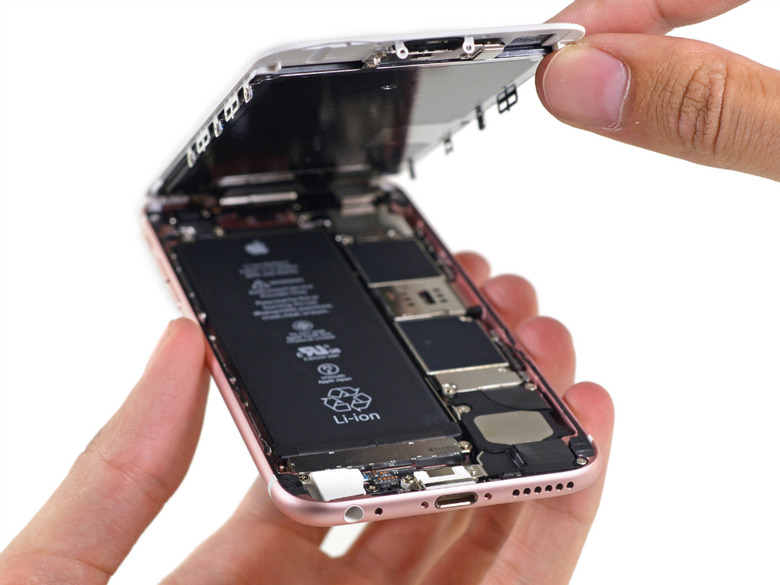Don't Freak Out About The iPhone 6s' Processor Yet: What You Need To Know About 'Batterygate'
If you've been following iPhone 6s rumors as closely as we have, you probably know that not all iPhone 6s units are created equal when it comes to processors (and other internal components). But since the new A9 chips are responsible for delivering an even better performance than any other Apple chip model, it's important to note that there are indeed two types of A9 versions inside the new iPhones, made by two competing chipmakers and built on different process technology.
DON'T MISS: PSA: You can watch 100+ movies for free on The Paramount Vault YouTube channel
Samsung and TSMC were awarded iPhone 6s and iPhone 6s Plus A9 contracts from Apple, rumors said a long time ago. The same reports claimed that Samsung would use its 14nm FinFET tech for Apple's A9 while TSMC would build them on a 16nm process.
Teardowns following the iPhone 6s launch have proven that Samsung and TSMC are indeed making A9 chips, and some people have looked at how each chip performs in benchmark tests – the iPhone 6s, let's not forget, scored better than any other flagship smartphone out there, matching the Retina MacBook in performance.
Tests posted first on MyDrivers a few days ago have surprisingly shown that TSMC's 16nm A9 chip fared better than the 14nm A9 from Samsung, even though the smaller chip should be faster – assuming, of course, that Apple's software isn't doing any special optimization to keep performance on par across chip versions. The performance gains on the 16nm chip aren't significant, so you don't have to hurry to find a TSMC-based iPhone version to meet your performance needs. But the TSMC A9 chip appears to be ever so slightly faster than Samsung's.
Images showing these Samsung vs. TSMC A9 benchmark tests follow in the gallery below (the TSMC iPhone 6s is always on the left).
Furthermore, even though the 14nm chip should dissipate less heat than the 16nm alternative, it's still TSMC's chip that won that fight as well. More interestingly, and perhaps related to the heat dissipation finding, is the fact that TSMC's 16nm A9 seems to perform better than Samsung's A9 chips in battery tests.
Unfortunately, people have taken to calling the issue "Batterygate."
YouTubers Austin Evans and Jonathan Morrison independently confirmed these claims, revealing in videos that the TSMC A9 chip does indeed perform better than Samsung's version when it comes to benchmark tests and battery life. Evans performed the same tasks on both iPhones 6s versions (4K video recording, exporting video and running benchmarks), and the TSMC model turned out to be the more efficient of the two — the Samsung A9 chip drained 7% more battery life to perform the same duties.
Morrison took a different approach, running Geekbench 3 battery tests on both devices with the screen set to the same brightness to see how long it takes the iPhone to lose 50% charge. The TSMC model lasted 50 minutes longer than Samsung's handset, and it ran cooler in the process.
The conclusion, however, seems to be the same. In regular day-to-day use, users aren't likely to tell the difference in performance. Samsung's A9 might be less energy-efficient than the TSMC model, as weird as that might sound since it's supposed to be more battery-friendly, but in real life use it might not matter much. Not to mention that Apple may address these issues in future iOS 9 releases.
